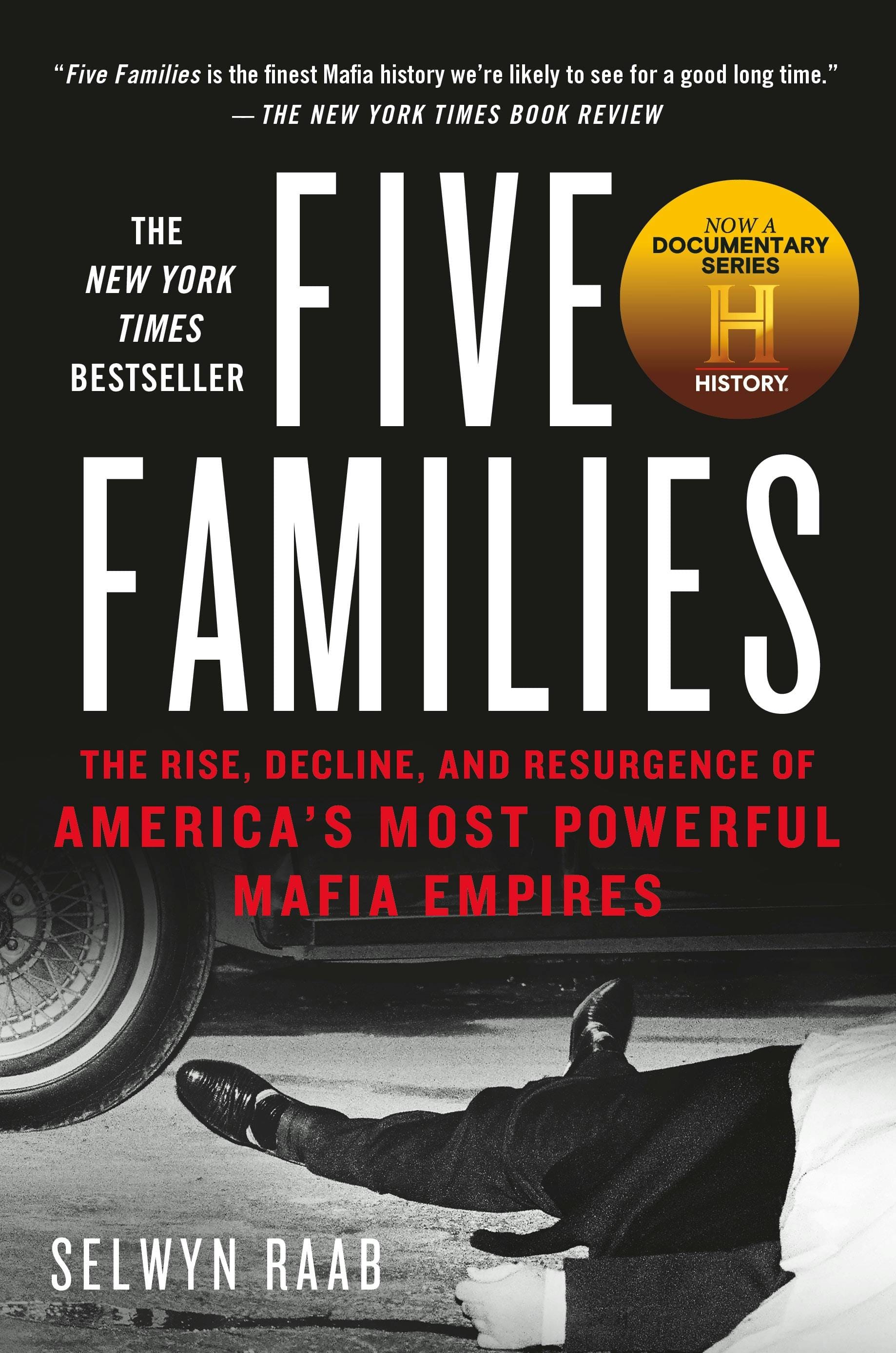Mafia Strategies

Ever since I read "Five Families" I have been fascinated by organized crime. The book opened my eye to the existence of powerful forces that have an impact on peoples lives and the continued fight between governments and criminal enterprises. I have read the book a long time ago, but I still occasionally think about the consequences these forces have on peoples lives and how are not necessarily in an equilibrium and can change over time. In this post, I want to go into core mafia strategy and government counter strategies.
There are two high level "business" strategies that mafia follow.
Mafia Strategy 1: Gain power by being able to beat others up.
Examples for this include: extortion, robbery, kidnapping, private protection, murder
Mafia Strategy 2: Gain power by offering services to willing customers that can not be served by organizations that follow the law.
Examples for this include: prohibited substances, human trafficking, prostitution, firearms, gambling
Governments and their citizens are interested in the continued existence of the government. In developed countries, the rule of law is a central element for the flourishing and continued approval of governments. Therefore governments strive to make the outside-the-law zone uninhabitable for individuals and organizations. As long as criminals and criminal enterprises exists, this goal has not been reached. The expected outcome of an activity is the difference between expected gain and the expected loss. This means governments can follow two Strategies for making for organizations to live in the outside-the-law zone.
Counter Strategy 1: Increase expected loss by increasing law enforcement efforts.
Counter Strategy 2: Reduce expected gain by opening the market for competition; i.e. legalization and regulation.
Since, governments can not give up their monopoly on violence without endangering their existence, Mafia Strategy 1 has to be met with Counter Strategy 1. Of course this is not perfectly solved anywhere, but I'd say for big parts of the population physical safety is not an issue and thus the efforts can be considered a success in most developed countries.
The situation is more difficult for Mafia Strategy 2. For substances that do not directly harm anyone but the consumer, I'd say Counter Strategy 2 better then continuing to double down on law enforcement efforts. I recommend David Nutt's book Drugs Without the Hot Air on this subject. Looking at prostitution, gambling and firearms, there are already many governments that have legalized and regulated those fields; fields that historically have been in the hands of mafia families. That leaves us with things like human trafficking that can not be legalized. Instead of just continuing with Counter Strategy 1, the application of Counter Strategy 2 will free up resources on law enforcement side and additionally will dry up income channels for mafia families.
Hypothesis 1: Violence is foundational to mafia families in the sense that operating outside the rule of law comes with exposure to risks that require the capability to control violence. This includes physical attacks from other mafia families and whistle blowers in the own organizations that could collaborate with law enforcement. While cutting someone in on the financial gains (bribes) might do the trick in some cases, loosing the capability to induce fear for example in potential whistle blowers, makes running a mafia harder.
Hypothesis 2: There is a minimum size groups must attain in order to be effective in the use and control of violence.
Tying those two together with the results of Counter Strategy 2 applied to some Mafia Strategy 2 type activities, I am hopeful for a world with less organized crimes, less suffering and more prosperity for all of us.
Things that fascinate me about (the history of) mafia families
- Successful mafia families are very tightly run, simply because they operate in a space that has less fixed rules compared to the one regular enterprises operate in. When making errors means you can get killed or go to jail for a long time you better have rock solid operations.
- Because there are fewer rules, there are more attacks vectors you have to guard yourself against (rivaling mafia families, law enforcement) but you also have more options for defending against those attacks (bribes, violence).
- Going after organized crime in the US was pretty hard before the 1970's RICO act. The story about Professor Blakey's effort to develop adequate legal machinery for going after organized crime was very fascinating to read. I now think of law as something that has to be fine tuned, re-structured, re-build continuously to catch up with what's happening in the real world.
